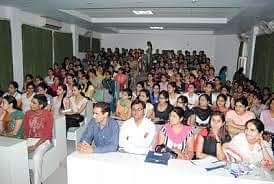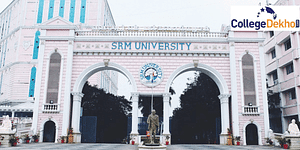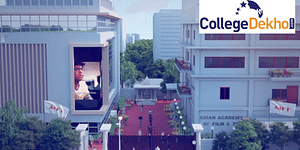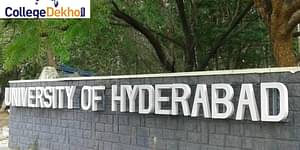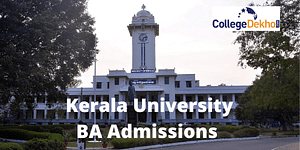DAV College (DAV), Amritsar BJMC Fees
DAV College (DAV), Amritsar BJMC is a 3 Years programme offered in specializations like Journalism and Mass Communication. DAV College (DAV), Amritsar BJMC admission is offered on the basis of the merit of the qualifying exam.
DAV College (DAV), Amritsar BJMC Courses and Fees Details
| Course | Duration | Fees |
| BJMC | 3 Years | 800 INR |
1 Course is offered by DAV College (DAV), Amritsar
BJMC
DAV College (DAV), Amritsar BJMC Eligibility Criteria
The eligibility criteria for the Bachelor of Journalism and Mass Communication (B.J.M.C.) degree at DAV College, Amritsar, require candidates to have completed their 10+2 education in any stream from a recognized board. Additionally, applicants must have obtained a minimum aggregate score of 50% in their qualifying examination. It is important to note that meeting the minimum eligibility criteria does not guarantee admission, as selection is based on merit and may involve an entrance examination, group discussion, and personal interview. Prospective students are advised to refer to the official college website or prospectus for detailed admission guidelines and requirements.
DAV College (DAV), Amritsar BJMC Admission 2024
Admission to the BJMC at DAV College (DAV), Amritsar is subject to meeting the eligibility criteria. All shortlisted candidates have to complete the DAV College (DAV), Amritsar BJMC admission process by getting their documents verified and paying the admission fee.
DAV College (DAV), Amritsar BJMC Application Process
DAV College (DAV), Amritsar BJMC application form has to be submitted online by visiting the official website. Candidates aspiring to take admission to the BJMC course at DAV College (DAV), Amritsar have to first check and meet the eligibility criteria and then proceed further with the application process.
Steps to fill DAV College (DAV), Amritsar BJMC application form:
- Step 1: Visit the official website of DAV College (DAV), Amritsar and click on ‘apply online’.
- Step 2: Now, you will be redirected to the admission page of DAV College (DAV), Amritsar. Complete the registration process and create a profile.
- Step 3: Fill in all details available in the DAV College (DAV), Amritsar BJMC application form.
- Step 4: Now pay the DAV College (DAV), Amritsar BJMC application fee and click on submit button.
- Step 5: After the submission, keep a hard copy of DAV College (DAV), Amritsar BJMC Application Form.
Documents Required for DAV College (DAV), Amritsar BJMC Admission:
- Marks sheet of class 10th standard
- Marks sheet of class 12th standard
- Transfer certificate (if required)
- Character certificate
- Passport-size photographs
Top Courses at DAV College, Amritsar
DAV College (DAV), Amritsar Reviews
Overall: College is a big step after high school. It’s a place where you get to explore different subjects and figure out what you want to do in the future. For some, it’s all about academics, while for others, it’s a mix of studying and having fun.
Placement: Companies from different sectors, such as technology, finance, marketing, and engineering, often visit campuses to recruit fresh graduates. The placement process usually involves interviews, group discussions, and aptitude tests to assess candidates’ skills and fit for the job roles
Infrastructure: Most colleges have well-equipped classrooms with modern technology like projectors and smartboards, making learning more interactive. Libraries are usually spacious and offer a wide range of books, journals, and online resources to help with research and assignments.
Faculty: Professors and lecturers are experts in their fields, often holding advanced degrees and having practical experience. They are responsible for delivering lectures, guiding students through coursework, and helping with research projects.
Hostel: Hostels are usually located within or near the campus, making it easier for students to attend classes and access facilities. Rooms in hostels are typically shared, with each student having their own bed, study space, and storage area
Similar Colleges
Bodoland University (BU), Kokrajhar
Kamala Nehru College
Explore More Engineering Colleges in Punjab
By Degree
By Specialization
- Colleges in Amritsar
- DAV College (DAV), Amritsar
- DAV College (DAV), Amritsar Courses & Fees
- B.J.M.C. (Bachelor of Journalism and Mass Communication)

